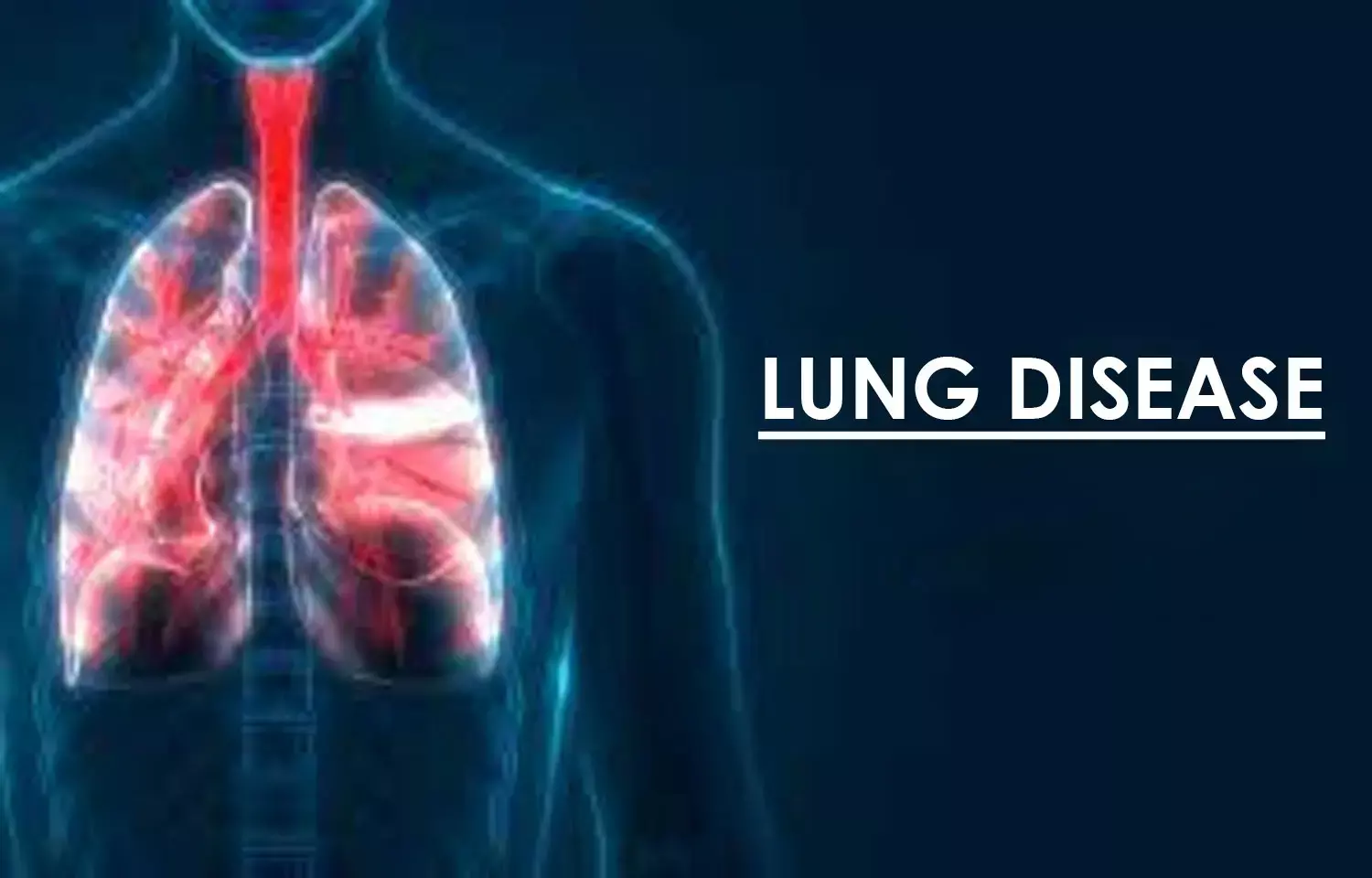- Home
- Medical news & Guidelines
- Anesthesiology
- Cardiology and CTVS
- Critical Care
- Dentistry
- Dermatology
- Diabetes and Endocrinology
- ENT
- Gastroenterology
- Medicine
- Nephrology
- Neurology
- Obstretics-Gynaecology
- Oncology
- Ophthalmology
- Orthopaedics
- Pediatrics-Neonatology
- Psychiatry
- Pulmonology
- Radiology
- Surgery
- Urology
- Laboratory Medicine
- Diet
- Nursing
- Paramedical
- Physiotherapy
- Health news
- Fact Check
- Bone Health Fact Check
- Brain Health Fact Check
- Cancer Related Fact Check
- Child Care Fact Check
- Dental and oral health fact check
- Diabetes and metabolic health fact check
- Diet and Nutrition Fact Check
- Eye and ENT Care Fact Check
- Fitness fact check
- Gut health fact check
- Heart health fact check
- Kidney health fact check
- Medical education fact check
- Men's health fact check
- Respiratory fact check
- Skin and hair care fact check
- Vaccine and Immunization fact check
- Women's health fact check
- AYUSH
- State News
- Andaman and Nicobar Islands
- Andhra Pradesh
- Arunachal Pradesh
- Assam
- Bihar
- Chandigarh
- Chattisgarh
- Dadra and Nagar Haveli
- Daman and Diu
- Delhi
- Goa
- Gujarat
- Haryana
- Himachal Pradesh
- Jammu & Kashmir
- Jharkhand
- Karnataka
- Kerala
- Ladakh
- Lakshadweep
- Madhya Pradesh
- Maharashtra
- Manipur
- Meghalaya
- Mizoram
- Nagaland
- Odisha
- Puducherry
- Punjab
- Rajasthan
- Sikkim
- Tamil Nadu
- Telangana
- Tripura
- Uttar Pradesh
- Uttrakhand
- West Bengal
- Medical Education
- Industry
Nintedanib benefits patients with autoimmune disease-related lung diseases

A new clinical published in Arthritis & Rheumatology reveals that nintedanib, a medication that helps prevent changes to lung tissue, may help patients with fibrosing autoimmune disease-related interstitial lung diseases (ILDs), which are a common manifestation of systemic autoimmune diseases such as rheumatoid arthritis.
In the trial, 170 patients with autoimmune disease-related ILDs were randomized to nintedanib or placebo. Investigators assessed patients' forced vital capacity (FVC), or the maximum amount of air one can forcibly exhale from the lungs after fully inhaling. (FVC is a predictor of mortality in patients with autoimmune disease-associated ILDs.)
The rate of decline in FVC over one year was -75.9 mL/year with nintedanib versus -178.6 mL/year with placebo.
"Until now, therapies that can significantly reduce the rate of decline in lung function in connective tissue disease–related ILDs characterized by progressive fibrosis have been lacking. We now have a therapeutic approach that offers a strategy for reducing the morbidity associated with these diseases," said lead author Eric L. Matteson, MD, MPH, of the Mayo Clinic College of Medicine and Science.
https://onlinelibrary.wiley.com/doi/10.1002/art.42075
Hina Zahid Joined Medical Dialogue in 2017 with a passion to work as a Reporter. She coordinates with various national and international journals and association and covers all the stories related to Medical guidelines, Medical Journals, rare medical surgeries as well as all the updates in the medical field. Email: editorial@medicaldialogues.in. Contact no. 011-43720751
Dr Kamal Kant Kohli-MBBS, DTCD- a chest specialist with more than 30 years of practice and a flair for writing clinical articles, Dr Kamal Kant Kohli joined Medical Dialogues as a Chief Editor of Medical News. Besides writing articles, as an editor, he proofreads and verifies all the medical content published on Medical Dialogues including those coming from journals, studies,medical conferences,guidelines etc. Email: drkohli@medicaldialogues.in. Contact no. 011-43720751


